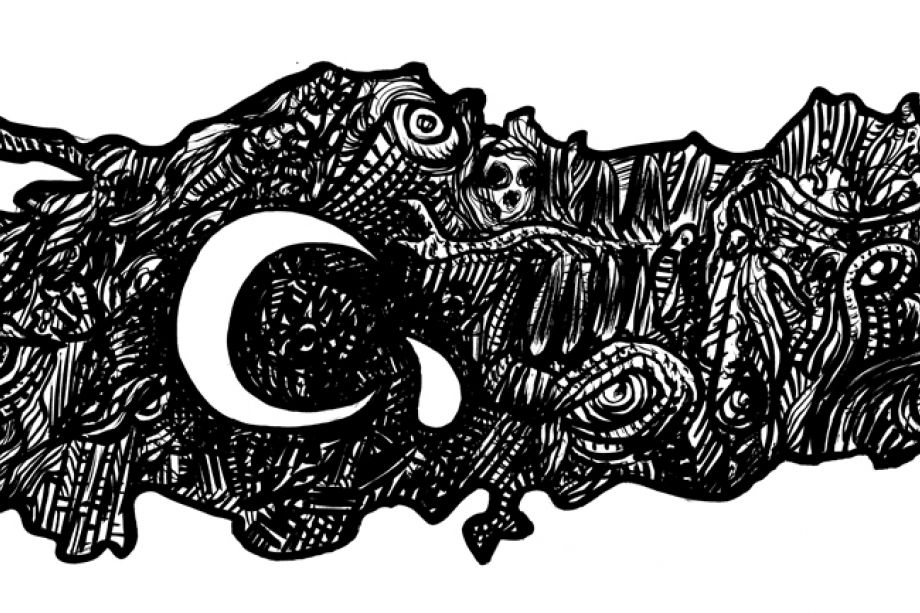
What is happening to the freedom of expression in Turkey?
On Christmas Eve three years ago the Turkish-Kurdish writer and lawyer Muharrem Erbey was arrested in his home on a suspicion of ‘terrorism.’ Three years later he is still in prison. The court proceedings held with him and his fellow defendants are continuously being interrupted since they are demanding defence in their own language Kurdish. Erbey is far from alone in this respect—Turkey has now passed Iran as the country that has the most journalists and writers imprisoned.
Only a few years ago the situation in Turkey was quite different. Turkey was busy negotiating with the EU for a closer relationship and a future membership and the AKP government passed several reforms that opened up society. Kurdish, for example, was allowed in schools and in television broadcasts. Some people even meant that Turkey was in the process of shaking off the remainders of the dictatorial regime that had been the result of the coup in the 80s.
But since this time of change, the EU has been weakened by an economic crisis and Turkey’s role in the region has shifted due to the vicious war in the neighbouring Syria. However, neither the one nor the other is an excuse to imprison more and more opponents of the regime and other oppositional writers in the country.
This issue of PEN/Opp is wholly dedicated to the political developments in Turkey and we have made space for several Turkish and Turkish-Kurdish writers. Many are taking great risks by writing about how the freedom of expression is slowly being curtailed in their country. This summer in Istanbul two publishers were indicted after venturing to interpret and to publish two novels by the American writers William Burroughs and Chuck Palahniuk. A representative of International PEN was present as support on this occasion. And in November a larger delegation from PEN visited Turkey in connection with the PEN Day of the Imprisoned Writer with the aim of meeting with the government and in support of Turkish PEN and other writers in the country.
The chairperson of International PEN, John Ralston Saul, writes in this issue about other threats to the country—especially one concerning the implementation of a consciously vaguely phrased anti-terrorist law that can come to be used to forbid just about anything. Last December the Minister of the Interior, Idir Naim Sahin, uttered the already notorious words: “Sometimes it’s on the canvas, sometimes in a poem, in daily articles, in jokes… These too legitimize and support terror.” In consequence, all these examples of cultural expression may eventually come to be forbidden.
Turkey is one of the largest countries in Europe and at the moment it has become one of the important parties in the conflict in the Middle East. It is therefore of vital importance that we understand how the movement towards democracy in Turkey is being threatened. Those who are best at explaining the situation are of course the country’s own authors and writers. In this issue of PEN/Opp we have tried to collect a spectra of different perspectives on the situation in Turkey: from Muhsin Kizilkaya’s eagle-eyed overview of the modern history of the freedom of speech in the country to the testimony of the consequences of dealing with sensitive topics in film by a young film director who wants to be anonymous .
If Turkey wants to be a state governed by law then the terrorist laws need to be more stringent and more aligned with international law, which is a conclusion drawn by International PEN. This alignment must be regarded as a first step back to the road towards democratic reform. Another step would be to release those accused of so called terrorism, people who for many years have been imprisoned without a trial—people such as Muharrem Erbey, honorary member of Swedish PEN. As Erbey himself writes in his letter from prison previously published on PEN/Opp: “Life should not imprison our thinking but be a forest that fosters and feeds it.”

